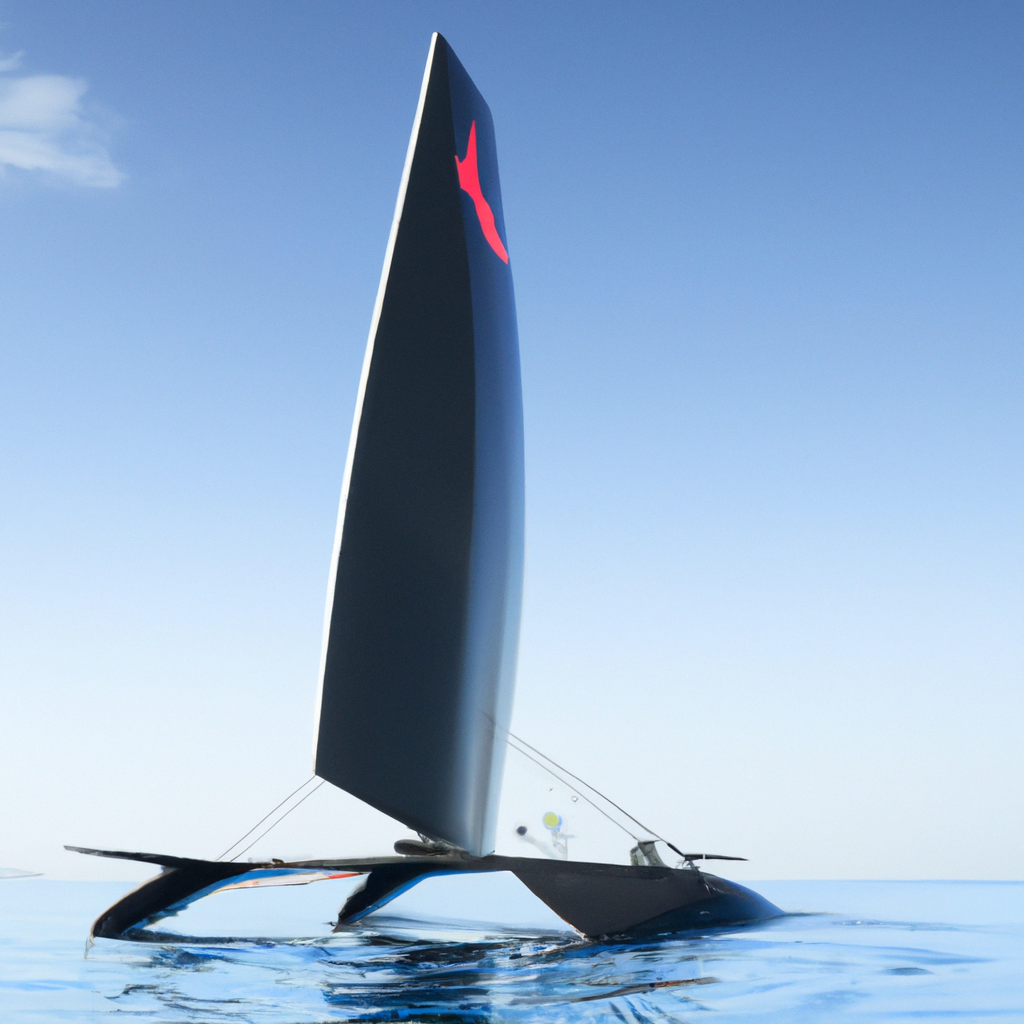
Hemp-Epoxy Composites for Boats
Boat builders have long been in search of a strong, lightweight, and durable material that is also environmentally friendly. The answer to this search may lie in hemp-epoxy composites. Hemp fibers have been used for centuries in textiles and rope, but their application in composite materials is a relatively new development. Hemp-epoxy composites are becoming increasingly popular in the marine industry due to their numerous advantages over traditional materials. In this article, we will explore the advantages, properties, challenges, and future of hemp-epoxy composites in boat building.
Advantages of Hemp-Epoxy Composites in Boat Building
Hemp-epoxy composites have several advantages over traditional materials like fiberglass, carbon fiber, and aluminum. Firstly, they are lightweight, which reduces the weight of the boat and increases its speed and fuel efficiency. Secondly, they are strong and stiff, which makes them ideal for high-performance boats. Thirdly, they are corrosion-resistant, which makes them perfect for use in saltwater environments. Fourthly, they are easy to work with and can be molded into complex shapes. Lastly, they are environmentally friendly, as hemp is a renewable resource and the production process generates less waste and emissions than other materials.
The Science behind Hemp-Epoxy Composites
Hemp-epoxy composites are made by mixing hemp fibers with an epoxy resin. The fibers are first processed to remove impurities and then woven or knitted into a fabric. The fabric is then impregnated with the epoxy resin, which is cured to form a hard, durable material. The resulting composite has excellent strength-to-weight and stiffness-to-weight ratios, making it ideal for use in high-performance applications.
Properties of Hemp-Epoxy Composites for Marine Applications
Hemp-epoxy composites have several properties that make them suitable for marine applications. Firstly, they have a high strength-to-weight ratio, which means they can withstand high loads without adding significant weight to the boat. Secondly, they have a high stiffness-to-weight ratio, which means they can maintain their shape and resist deflection under load. Thirdly, they have excellent fatigue properties, which means they can withstand repeated loading and unloading without failure. Lastly, they have good resistance to impact and abrasion, which makes them ideal for use in harsh marine environments.
Environmental Benefits of Hemp-Epoxy Composites in Boat Building
Hemp-epoxy composites are environmentally friendly compared to traditional materials because hemp is a renewable resource that requires less energy to produce. Hemp plants also absorb carbon dioxide from the atmosphere, which makes them a carbon-negative material. Furthermore, the production of hemp-epoxy composites generates less waste and emissions compared to traditional materials like fiberglass and aluminum.
Hemp-Epoxy Composites vs. Traditional Materials
Hemp-epoxy composites have several advantages over traditional materials like fiberglass, carbon fiber, and aluminum. Firstly, they are lightweight, which reduces the weight of the boat and increases its speed and fuel efficiency. Secondly, they are strong and stiff, which makes them ideal for high-performance boats. Thirdly, they are corrosion-resistant, which makes them perfect for use in saltwater environments. Fourthly, they are environmentally friendly, as hemp is a renewable resource and the production process generates less waste and emissions than other materials.
Challenges in Manufacturing Hemp-Epoxy Composites for Boats
The manufacturing of hemp-epoxy composites for boats can be challenging because of the variability of natural fibers. Hemp fibers are not as consistent as synthetic fibers, which can lead to variations in the properties of the composite material. Another challenge is the need for specialized equipment and expertise in working with natural fibers and epoxy resins. Lastly, the cost of hemp-epoxy composites can be higher than traditional materials due to the cost of raw materials and production processes.
Case Studies: Successful Applications of Hemp-Epoxy Composites in Boat Building
Hemp-epoxy composites have been successfully applied in several boats, including the Surfari 50, a high-performance surfing yacht, and the Okeanos Explorer, a research vessel. The Surfari 50, built by Global Composites, features a hemp-epoxy composite hull, mast, and boom, which reduces the weight of the yacht and increases its speed and fuel efficiency. The Okeanos Explorer, built by Gulfstream Marine, features a hemp-epoxy composite deckhouse, which provides excellent insulation and reduces noise and vibration.
Future of Hemp-Epoxy Composites in Marine Industry
Hemp-epoxy composites have a promising future in the marine industry due to their numerous advantages over traditional materials. As the demand for environmentally friendly materials increases, more boat builders are turning to hemp-epoxy composites. Furthermore, research and development in composite materials are leading to improvements in the performance and properties of hemp-epoxy composites.
Considerations for Using Hemp-Epoxy Composites in Boat Building
When considering the use of hemp-epoxy composites in boat building, several factors should be considered. Firstly, the properties of the composite material should be evaluated to ensure they meet the requirements of the boat. Secondly, the manufacturing process should be carefully planned to optimize the properties of the composite material. Lastly, the cost of the material should be considered, as it can be higher than traditional materials.
Cost Analysis of Hemp-Epoxy Composites in Boat Building
The cost of hemp-epoxy composites in boat building can be higher than traditional materials due to the cost of raw materials and production processes. However, the long-term benefits of using hemp-epoxy composites, such as reduced fuel consumption and maintenance costs, can outweigh the initial cost. Furthermore, as the demand for hemp-epoxy composites increases, economies of scale may lead to lower production costs.
Hemp-Epoxy Composites – A Promising Alternative for Boat Building
In conclusion, hemp-epoxy composites offer several advantages over traditional materials in boat building. They are lightweight, strong, corrosion-resistant, and environmentally friendly. However, there are still challenges in manufacturing and cost to consider. As research and development in composite materials continue, the performance and properties of hemp-epoxy composites will improve, making them a promising alternative for boat building.


